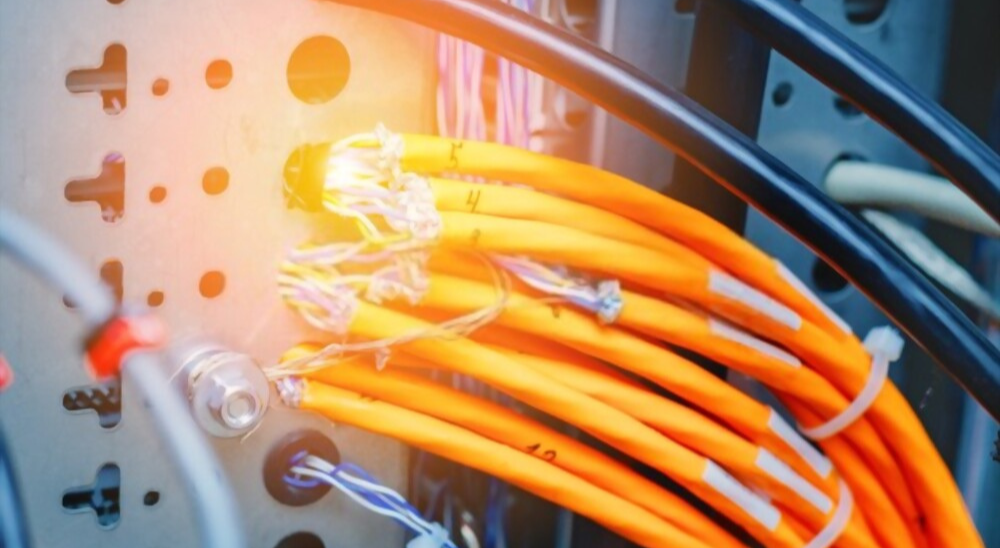Best Internet Cables Tips You Need to Know
Posted : 27-February-2024
In today’s digital age, having a reliable internet connection is crucial for both personal and professional endeavors. Whether you’re streaming your favorite shows, gaming online, or working from home, the quality of your internet connection can significantly impact your experience. One often overlooked aspect of ensuring a stable internet connection is the type and quality of internet cables you use. In this article, we’ll explore the best tips you need to know when it comes to selecting internet cables that meet your needs and optimize your connection.
Introduction to Internet Cables
Internet cables, also known as network cables or Ethernet cables, are the physical wires that connect your devices to the Internet. They transmit data between your modem, router, and various devices such as computers, gaming consoles, and smart TVs. While wireless technologies have become increasingly popular, wired connections still offer several advantages, including faster speeds, lower latency, and more reliable connections.
Importance of Choosing the Right Internet Cable
The quality of your internet cable can have a significant impact on the performance of your internet connection. Using subpar or outdated cables can result in slower speeds, increased latency, and a less stable connection overall. Therefore, it’s essential to invest in high-quality internet cables that can keep up with your internet service provider’s speeds and meet the demands of your devices.
Types of Internet Cables
Ethernet Cables
Ethernet cables are the most common type of internet cable and come in various categories, including Cat5e, Cat6, and Cat7. These cables use twisted pairs of copper wires to transmit data and are suitable for both residential and commercial applications. Cat5e cables support speeds up to 1 Gbps, while Cat6 plenum and Cat7 plenum cables offer even faster speeds and better shielding against interference.
Coaxial Cables
Coaxial cables are another type of internet cable commonly used for cable internet and television connections. They consist of a central conductor surrounded by insulation, a metallic shield, and an outer insulating layer. Coaxial cables are known for their durability and resistance to interference, making them ideal for long-distance transmissions.
Fiber Optic Cables
Fiber optic cables are the fastest and most reliable type of internet cable available. Instead of transmitting electrical signals, fiber optic cables use pulses of light to carry data over long distances. This technology allows for incredibly high speeds and minimal signal degradation, making fiber optic cables ideal for demanding applications such as gigabit internet and 4K streaming.
Factors to Consider When Choosing Internet Cables
When selecting internet cables for your home or business, several factors should be taken into consideration to ensure optimal performance and compatibility.
Speed Requirements
Consider the maximum speed offered by your internet service provider and choose a cable that can support those speeds without bottlenecks or degradation.
Cable Length
Measure the distance between your modem/router and the devices you’ll be connecting and choose cables that are long enough to reach without excess slack.
Interference
Be mindful of potential sources of interference, such as electrical appliances, fluorescent lights, and other cables, and choose cables with adequate shielding to minimize signal degradation.
Budget
While it’s tempting to opt for the cheapest option available, investing in higher-quality cables can pay off in the long run with better performance and reliability.
Tips for Selecting the Best Internet Cables
Now that you understand the importance of choosing the right internet cables let’s explore some tips to help you make informed decisions.
Consider Your Internet Speed
If you have a high-speed internet connection, make sure to choose cables that can support those speeds without limitations.
Choose the Right Cable Type
Consider the specific needs of your devices and choose the appropriate cable type accordingly. For example, if you’re gaming or streaming 4K content, a high-speed Ethernet cable or fiber optic cable may be necessary.
Check Cable Length
Measure the distance between your devices and choose cables that are long enough to reach without excessive slack. Avoid coiling or bending cables excessively, as this can degrade performance over time.
Look for Quality Connectors
Inspect the connectors on the cables for signs of damage or wear and choose cables with high-quality connectors that provide a secure and reliable connection.
Consider Future-Proofing
Invest in cables that can support future upgrades and advancements in technology to avoid the need for frequent replacements.
Be Mindful of Interference
Position cables away from sources of interference, such as power cables and electronic devices, to minimize signal degradation and ensure a stable connection.
Proper Installation and Maintenance of Internet Cables
Once you’ve selected the best internet cables for your needs, proper installation and maintenance are essential to ensure optimal performance and longevity. Make sure to route cables away from sources of heat, moisture, and physical damage, and periodically inspect them for signs of wear or degradation. Additionally, avoid bending or twisting cables excessively, as this can cause signal loss and reduce performance over time.
Frequently Asked Questions
What is the difference between Cat5e and Cat6 Ethernet cables?
Cat5e cables support speeds up to 1 Gbps, while Cat6 cables can handle speeds up to 10 Gbps, making them suitable for faster internet connections and high-performance applications.
Can I use a longer Ethernet cable without losing speed?
Yes, as long as the cable meets the specifications for your internet speed and is properly installed, you can use longer Ethernet cables without experiencing significant speed loss.
Are fiber optic cables worth the investment for home internet connections?
While fiber optic cables tend to be more expensive than traditional Ethernet cables, they offer unparalleled speed and reliability, making them worth considering for demanding applications such as gaming and 4K streaming.
Conclusion
In conclusion, selecting the best internet cables is essential for ensuring a reliable and high-performance internet connection. By considering factors such as speed requirements, cable length, interference, and budget, you can make informed decisions that optimize your internet experience. Remember to choose high-quality cables that meet the needs of your devices and consider future-proofing to avoid frequent upgrades. With the right internet and proper installation, you can enjoy fast and stable internet connectivity for years to come.
Latest Blog
-

Cat5e, Cat6, Cat6a and Cat7: Ethernet Cable Differences and Similarities
Read More -

Category Cable Services in USA
Read More -
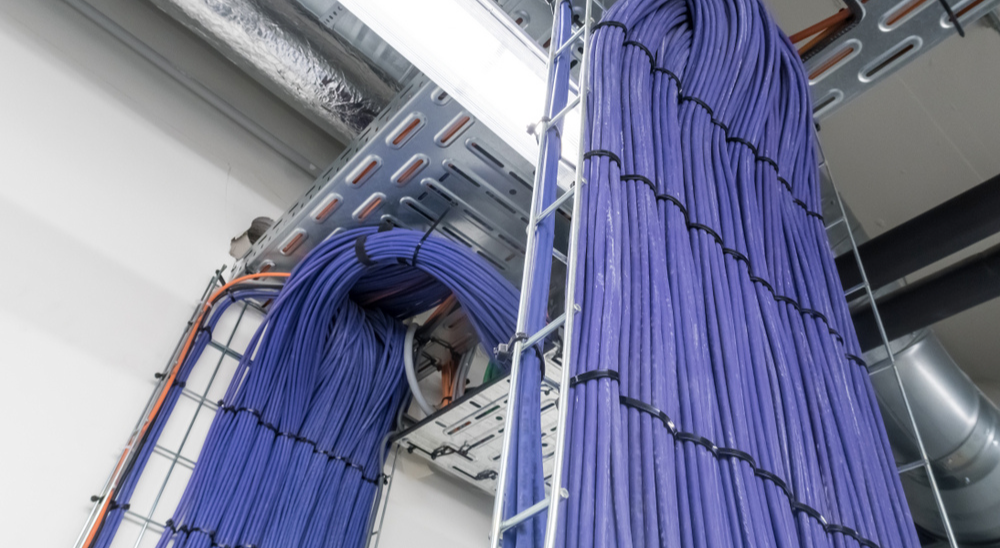
Structured Cabling Standards For Commercial Buildings
Read More -
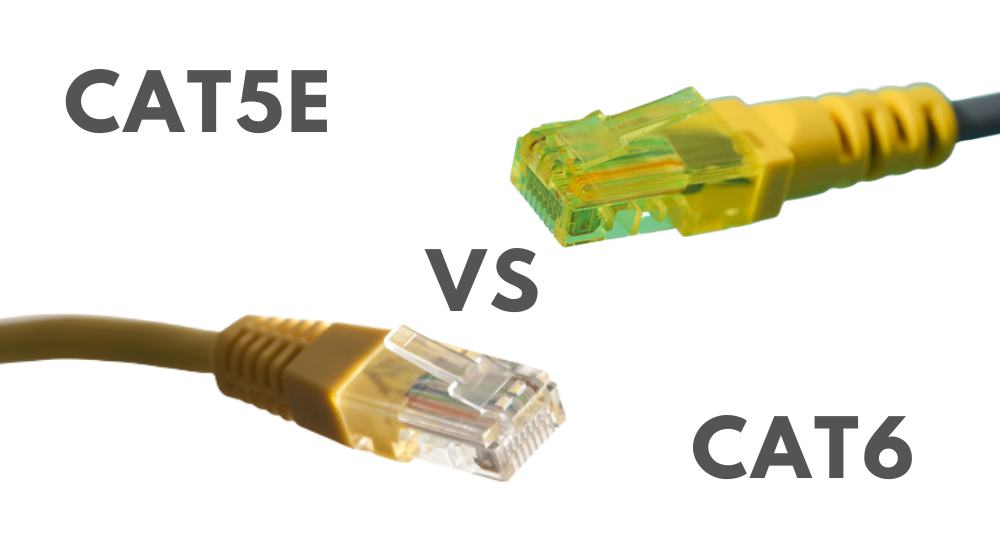
Evolution Of Ethernet Cables: Cat5e vs Cat6
Read More -
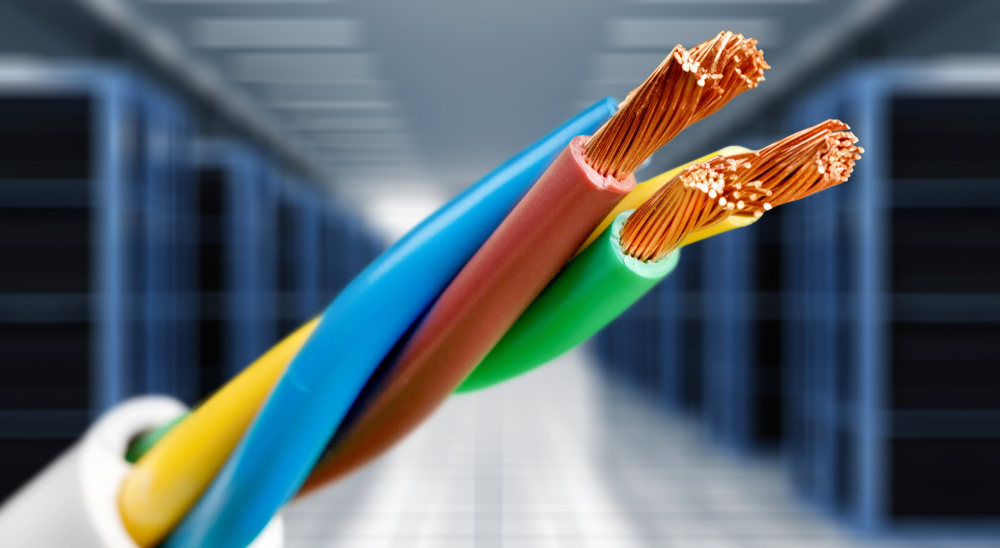
Select the Right Shielded Cable for your Network
Read More -
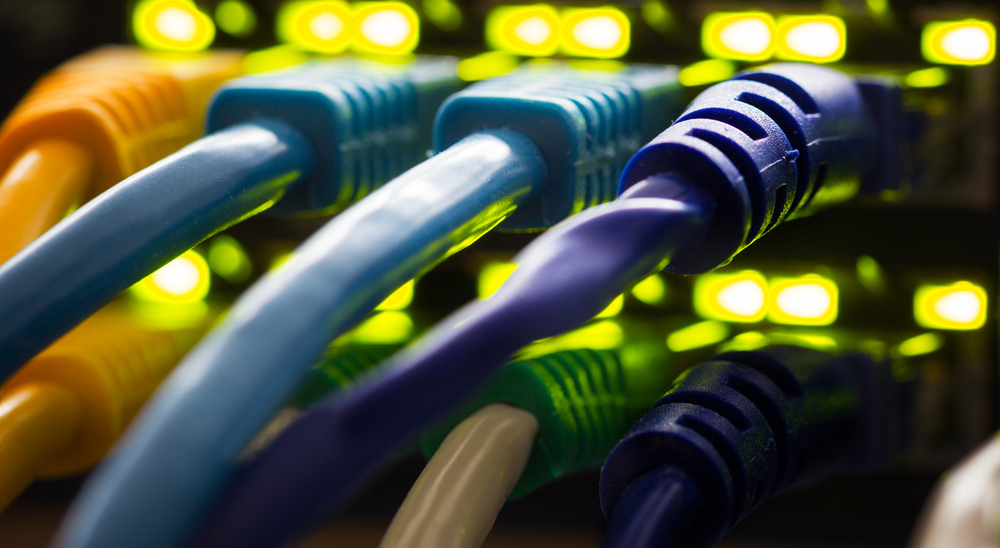
How To Decide on The Right Cables for Your Business Network
Read More -
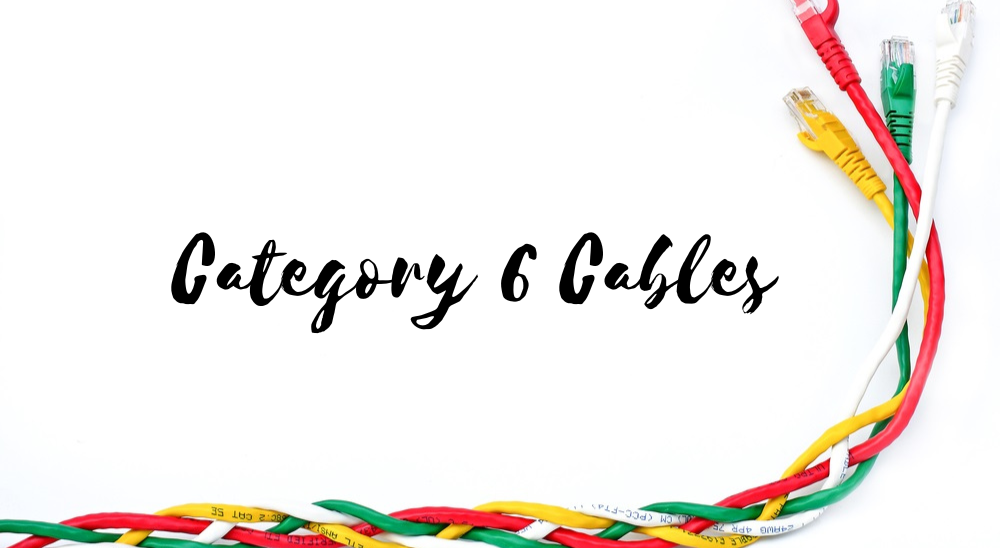
What is Category 6 Cable?
Read More -
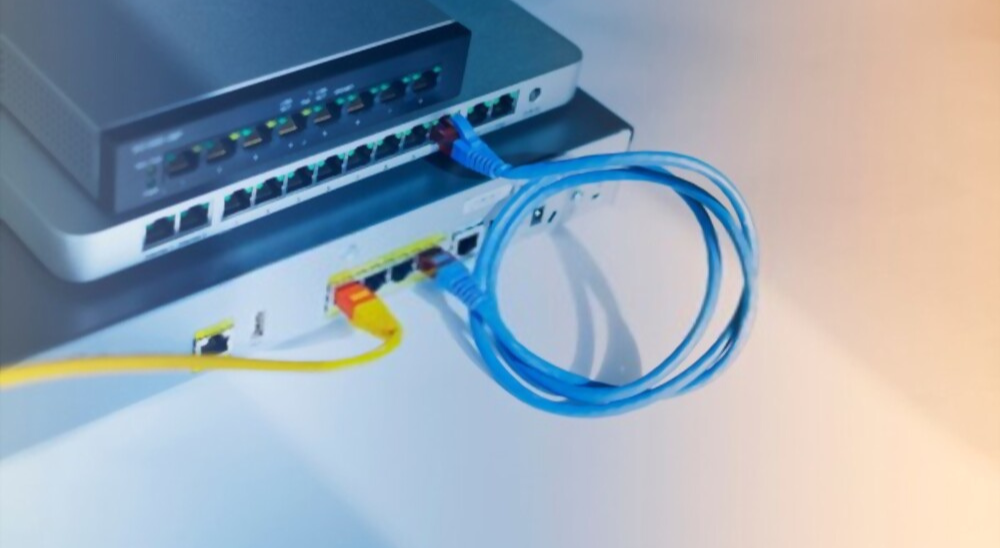
Why You Should Choose Cat6 Plenum Shielded?
Read More -
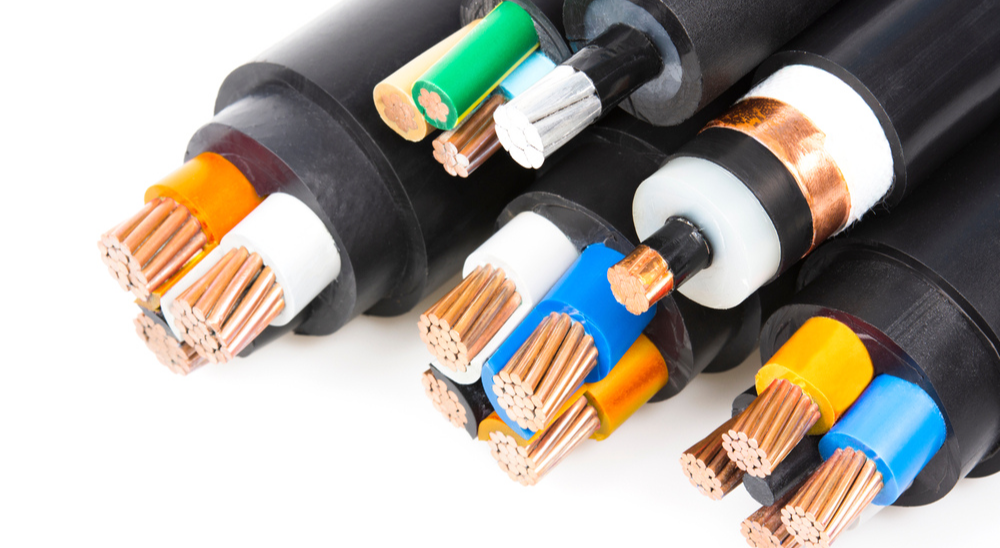
What Is Insulating Material in Cable?
Read More -
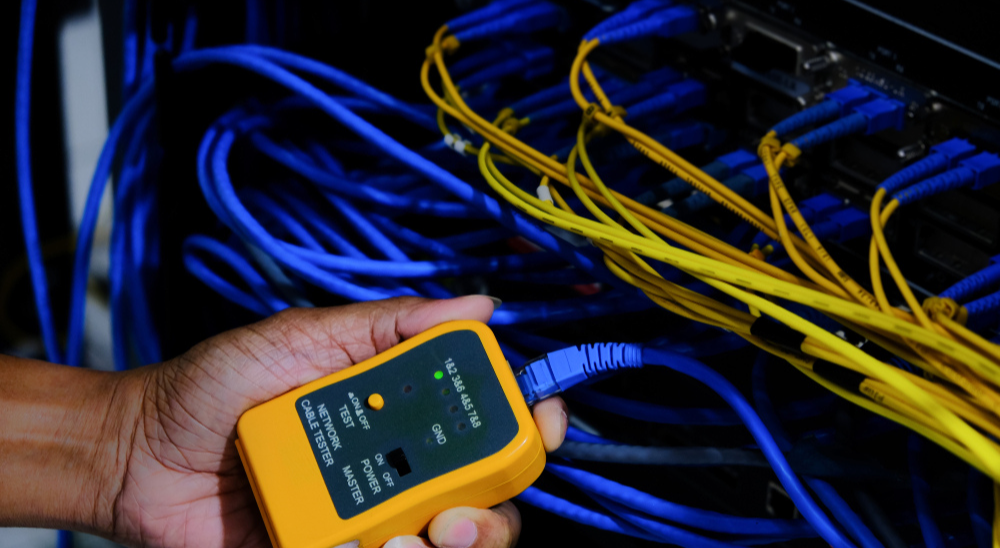
What Are The Cat5e And Cat6 Cable Testers?
Read More
